Accounting Treatment in the Oil & Gas Industry“Make your team feel respected, empowered and genuinely excited about the company’s mission.” As an Accountant in the Oil and Gas industry, you may spend a great deal of time analyzing accounting data, reconciling general ledger accounts and trying your hardest to listen very close in meetings as you try to figure out the many acronyms that are flying around in converstations. I'm here to encourage you to not be afraid to ask those questions. The way I see it, the more you know about your role the bigger the contribution is to the team. The process in which production cost is incurred generally ties back to the maintenance or opportunity to increase production activities on a well. After a well has been completed, and flow lines, heater treaters, separators, storage tanks, etc., have been installed, production activities begin. If you are an accounting professional presently working within the industry all of the production expenses are key to cost control for producers and operators. Production activities involve lifting the oil and gas to the surface and then gathering, treating, processing, and storing the oil and gas. Production cost is defined as those cost incurred to operate and maintain an enterprise's wells and related equipment and facilities, including depreciation and applicable operating costs of support equipment and facilities and other cost of operating and maintaining those wells and related equipment and facilities. They become part of the cost of oil and gas produced. The accounting role you are in today speaks volumes because your skills and knowledge matters for many reasons. What remains important in an accounting role, undeniably, starts with understanding your industry and this process is generally a hands on learning curve? But this learning curve should not keep the accountant from showing initiative and inquiring from management when an assigned task is unclear. Production cost has it's challenges because the accountant must be aware of how cost is attributable to wells, directly or allocated. Here are some examples of production-related cost and how cost are assigned: Directly Attributable Costs:
These examples are just a few of what an accountant must consider in their roles each day. When investing in companies involved in the exploration and development of oil and natural gas reserves, company analysis should include recognizing which accounting method a company follows. The development of extensive policies and procedures can support the professional accountants and managerial team with monthly responsibilities and meeting company expectations. Source: Fundamentals of Oil and Gas Accounting
0 Comments
Exploration may be carried out either prior to or after mineral leases are acquired. In most cases, if exploration is to be conducted before a lease is obtained, an exploration permit, commonly called shooting rights, must be obtained from the property owner. If offshore exploration is involved, a permit that does not usually require the payment of a fee must be obtained, normally from the U.S. Department of Interiors Minerals Management Service (MMS) now ONRR. In either offshore or onshore activities, permission is required to conduct exploration. Onshore exploration rights may take one of two forms. Under a shooting rights only contract, the rights holder is allowed to enter onto the property and conduct exploratory activities, up to but not including the drilling of an exploratory well. The entry to record would be similar to the entry below: Work in Progress -- Shooting rights & damages 2,300 Vouchers Payable 2,300 The comprehension of accounting expectations in accounting remains a key tool to the oil and gas industry. Extensive documentation supports the operations team with their day to day and monthly deadlines and provide additional assurance of journal entries being recorded properly. Some of the main features of an exploration permit can be reviewed here. Source: PetroleumAccounting
How much do you know about problems that occur in the oil and gas industry? The workmen in the field have to complete many phases to ensure a well gets to the producing phase. If there is a delay, it can be for reasons we have identified and shared below. Workover operations generally involve using a special workover rig to restore or stimulate production from a particular well. A situation in which a workover may be necessary would be an open hole completion where sand from the producing formation has clogged the tubing end, reducing or completely cutting off the fluid flow from the producing horizon. A workover may also be necessary when the casing has been perforated, and rock or sand particles have clogged the openings in the casing. Other problems and oil and gas company may encounter is regarding damaged or lost equipment and materials. Equipment or materials may be damaged or lost during the drilling process. Some examples of damaged equipment would be twisted drillpipe or broken bit. Examples of lost equipment include parts of the drill bit, hand tools (e.g., wrenches) and drillpipe twisted off downhole. If the well is an exploratory well, the cost are expenses or capitalized, depending upon whether the well is unsuccessful or successful. The oil and gas industry offers great opportunities to learn a wide range of rules, regulations and professional growth. Learning is key for any industry, thus I encourage you to never stop learning and to take on opportunities that allow you to learn more. Logic will get you from A to B. Imagination will take you everywhere. – Albert Einstein In the Oil and Gas industry one of the common related cost is Production Cost. Theoretically, the production cost are part of oil and gas produced and, therefore, allocable to inventory and cost of goods sold. However, crude oil and natural gas inventories are usually insignificant and not recognized on E&P company balance sheets. In accounting for production costs, one of the first requirements is to determine the functional accounts that will be used. The accounting system must provide information in sufficient detail to permit accounting cost in accordance with recognized accounting principles and at the same time meet the needs of operating personnel in evaluating operations. In accounting for production costs, it is also essential that the accounting records furnish the necessary data for federal income tax purposes. Production cost are expensed as incurred except in two cases:
Fontenot & Associates Solutions has the skills and knowledge to support companies establish policies and procedures with extensive detail and definitions. Visit our website today. Source:PetroleumAccounting
Source: Petroleum Accounting
What are they?Did you know, U.S companies follow one of two methods of financial accounting for petroleum E&P activities: successful efforts or full cost? The successful efforts methods has only the cost of successful efforts capitalized as oil and gas properties. Cost of explanatory dry holes, geological and geophysical (G&G) cost in general, delay rentals, and other property carry costs are expensed. Under the full cost method all property acquisitions, exploration, and development cost, even dry hole costs are capitalized as oil and gas properties. These cost represent fixed assets, amortized on a country-by-country basis using a unit-of-production method based on volumes produced and remaining proved reserves. If a company drills five exploratory wells for $1 million each and only one finds proved reserves, the successful efforts methods recognizes a $1 million asset, whereas the full cost method would recognize a $5 million asset. Continue to follow our blog as we share more about the oil and gas industry process and accounting responsibilities. You can also visit our website for support in establishing policies and procedures for your business. Source: Petroleum Accounting
Oil & Gas Industry? What does it mean?Before an oil and gas company drills for oil, it first evaluates where oil and gas reservoirs might be economically discovered and developed.
Did you know? The earth is made up of a core over 4,000 miles in diameter surrounded by the earth's mantle, which is approximately 2,000 miles thick. The earth's surface is under lain by the lithosphere, a relatively thin layer, some 125 miles in thickness, that is composed of the crust and upper mantle. Commercial oil and gas are found only in the crust of the earth. The objective of Oil and Gas operations is to produce and sell oil and gas. After an oil and gas well is completed and it is determined that the well is a commercial producer, procedures are instituted to place the well on production. This entails finding a purchaser for the product; installing production facilities such as flow lines, treating equipment, oil storage tanks and gas metering equipment; and connecting the purchaser's gathering system to these facilities. Continue to join our blog to learn more about the production, allocation and revenue journals of the Oil & Gas industry. This is a great industry to build your career and accounting profession. You must expect great things of yourself before you can do them." - Unknown Source: Professional Development Institute
What Is Exploration Cost?After acquisition cost comes exploration cost. Typical of exploration, cost are charges relating to the collection and analysis of geophysical and seismic data involved in the initial examination of a targeted area and later used in the decision of whether to drill at the location. Source: Investopedia.com Prime yourself for success by elevating your mood. - Inc. Magazine Let's Talk RoyaltiesWhat is a royalty? How is it calculated? What is it based on? Whenever oil or gas production begins, the landowner is entitled to part of the total production. A royalty is agreed upon as a percentage of the lease, minus what was reasonably used in the Lessee's production costs. The royalty is paid by the Lessee to the owner of the mineral rights, the Lessor in the Lease. It is based on a percentage of the gross production from the property and is free and clear of all costs, except for taxes. It is probably the most important part of the lease to the landowner. There are certain costs in drilling and producing a paying oil or gas well. The costs are divided between the production company and the landowner. As a revenue accountant working in an oil and gas company the role of processing revenue accurately is critical to the team and company. Source: Oil and gas leases.com Eighty percent of success is showing up." - Woody Allen |
Archives
July 2022
Categories
All
AuthorMy mission is to offer the best accounting and operations solutions and tips for entrepreneurs and small to mid-size companies worldwide seeking to close their process gaps with actual solutions. |
We Work to Provide Unique Solutions"Our team of innovative professionals use their knowledge and experience to set your business and team of professionals up for success. Our extensive accounting and operations skills are a start and key tools to company growth, building team cohesiveness, establishing clear purpose and goals, and improving process inefficiencies. Our services are key to businesses of all sizes. We handle providing the detail framework to your business so that you may focus on building your business. |
Contact UsSTAY CONNECTEDNEWS & TIPS IN YOUR INBOX
|

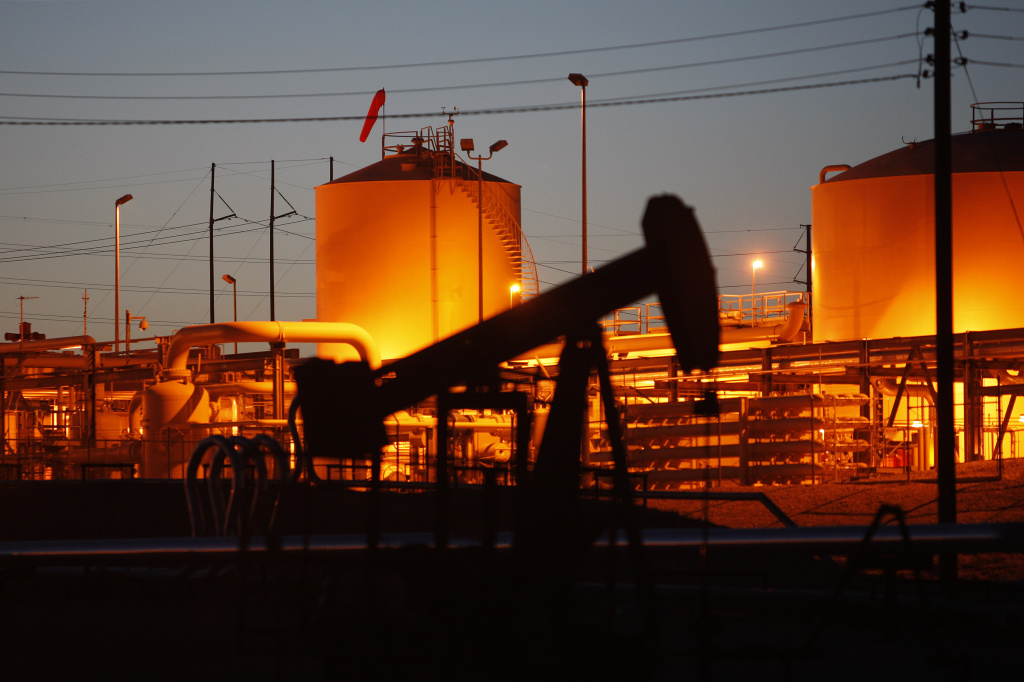
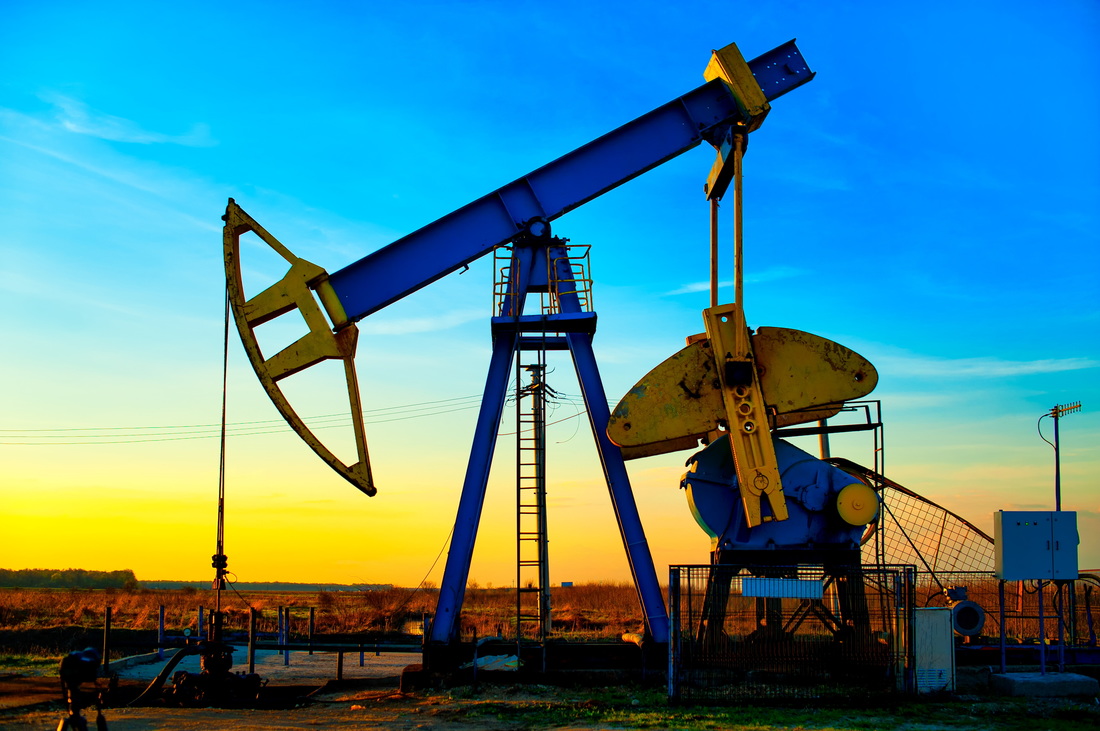
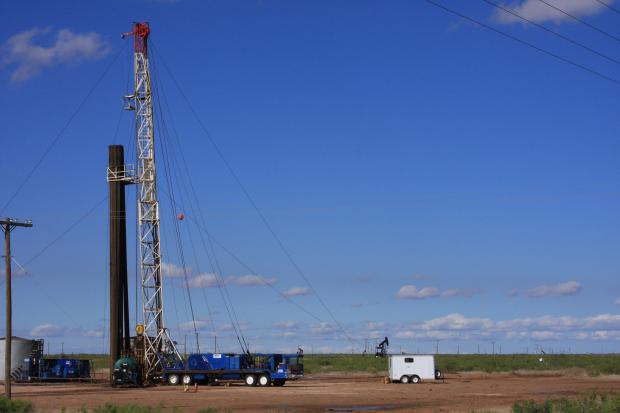
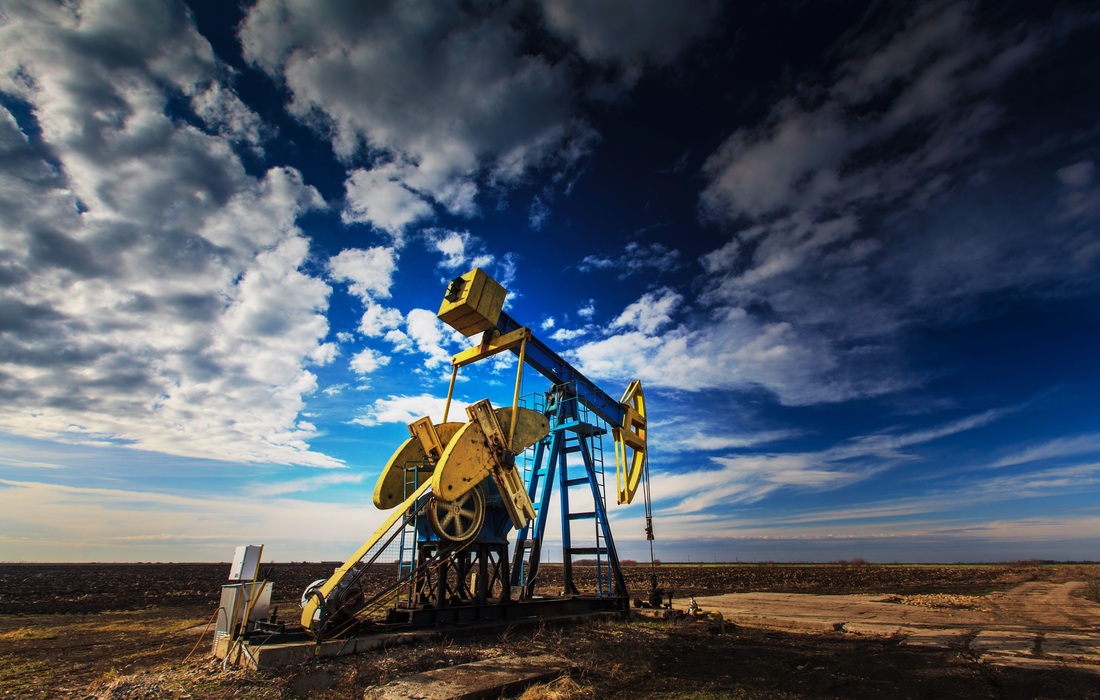
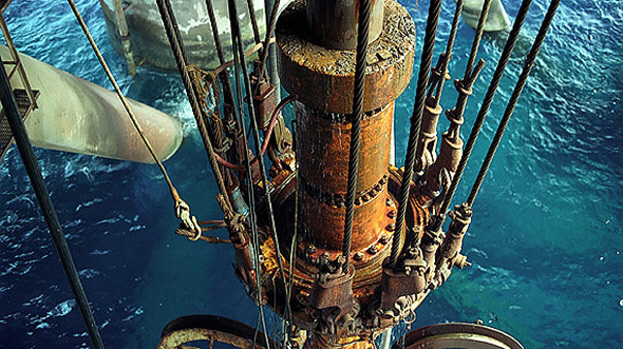


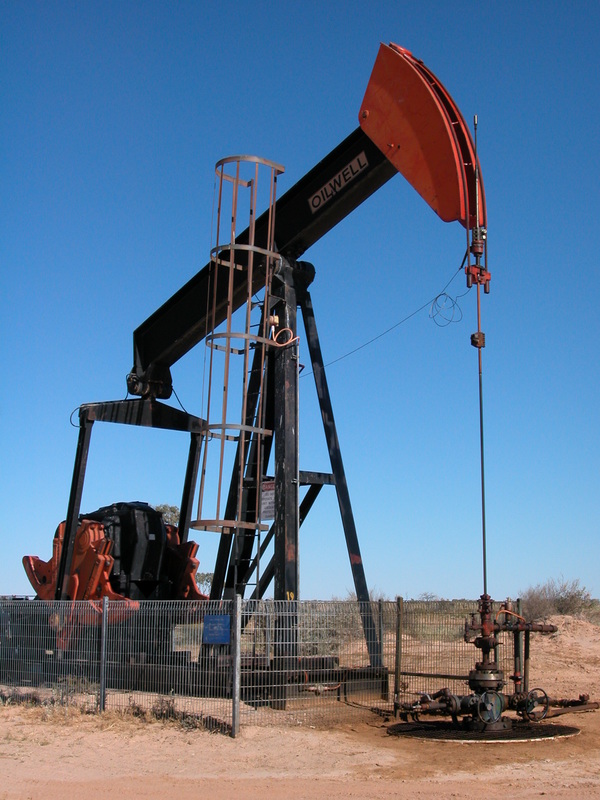

 RSS Feed
RSS Feed